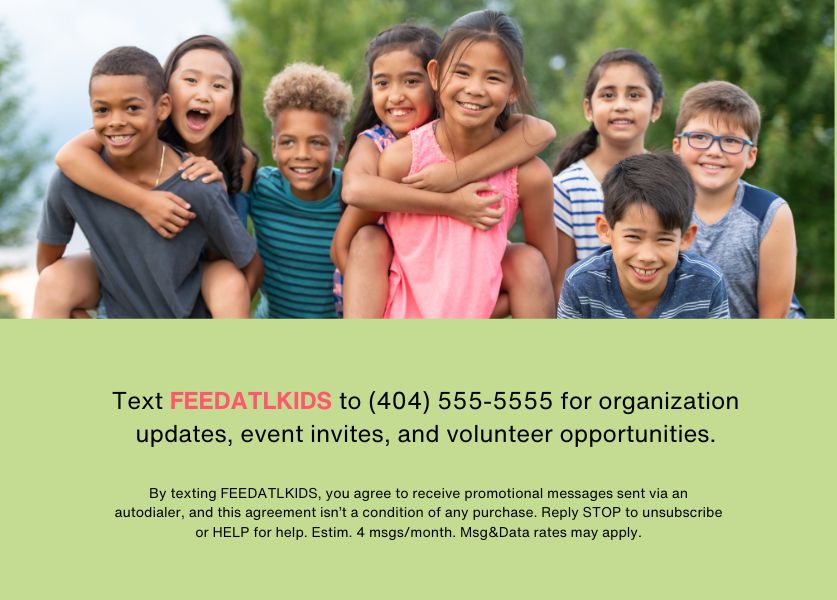5 SMS compliance guidelines for nonprofit organizations
Discover the top five regulations of nonprofit texting that your organization should keep in mind.
Are you familiar with the text messaging laws and industry guidelines you need to follow?
Ignoring these can lead to fines and potential reputation damage for your organization. But don’t worry — here’s a guide to the five rules of nonprofit text messaging you need to know today.
- Get everyone’s permission before texting
- Include a compliant call-to-action (CTA) in your sign-up process
- Send a confirmation text to new subscribers
- Never send prohibited content
- Respect people’s quiet hours
📄 Note: This advice in this guide is for informational purposes only and is neither intended as nor should be substituted for consultation with appropriate legal counsel and/or your organization’s regulatory compliance team.
SimpleTexting is nonprofit text messaging software
1. Get everyone’s permission before texting.
According to the Telephone Consumer Protection Act (TCPA), it’s crucial to get express written consent (or permission) from individuals before you send them text messages.
The process of getting this consent is called your opt-in method. This is how your contacts will understand what messages they’ll receive and how you’ll collect proof that they gave their permission.
Common opt-in methods include:
💡 Not sure which is right for your organization? Check out our opt-in method guide to see each of them in action.
2. Include a compliant call-to-action in your sign-up process.
When you invite someone to join your text messaging list, make sure your invitation includes a call-to-action (CTA) that aligns with TCPA requirements.
Your CTA should explain:
- What kinds of messages they’ll receive
- How often you plan to text them
- A note about possible message charges
- Easy opt-out instructions
Also, remember to list your terms, privacy policy, and support contact details.

3. Send a confirmation text to new subscribers.
Once someone joins your text list, send a confirmation message repeating the details they agreed to.
Include the following details in your confirmation message to align with the CTIA (a U.S. wireless communication association):
- Your nonprofit’s name
- Frequency of messages
- Note about potential message costs
- Clear opt-out instructions (like “reply with ‘STOP’ to opt out”)
- Help details (like “Reply HELP for help”)
💡 When you send texts with SimpleTexting, you can send a compliance message for free. We’re the only SMS service provider to offer them at no extra charge.
Test drive SimpleTexting’s nonprofit texting app free for 14 days. We’re here seven days a week to answer your questions about our platform, texting rules, and more.
4. Never send prohibited content.
CTIA guidelines also cover what SMS content businesses should avoid.
The list of topics to avoid includes:
- Sex
- Hate
- Alcohol
- Firearms
- Tobacco
Stay clear of these topics, unless it’s crucial to your organization (like promoting an event serving alcohol). And even then, be sure to confirm contacts’ age and use a registered local number.
5. Respect people’s quiet hours.
Never send promotional texts during what the TCPA calls “quiet hours” — before 8:00 a.m. and after 9:00 p.m. (recipient’s local time). Not only is it a requirement, but it’s also a good practice to show your contacts that you respect their time.
These guidelines will enable your organization to maintain compliance while fostering solid relationships through SMS communication. Want to learn more? Dive into our comprehensive text message compliance guide.📌 For more nonprofit SMS advice, don’t miss our How to Start Guide!